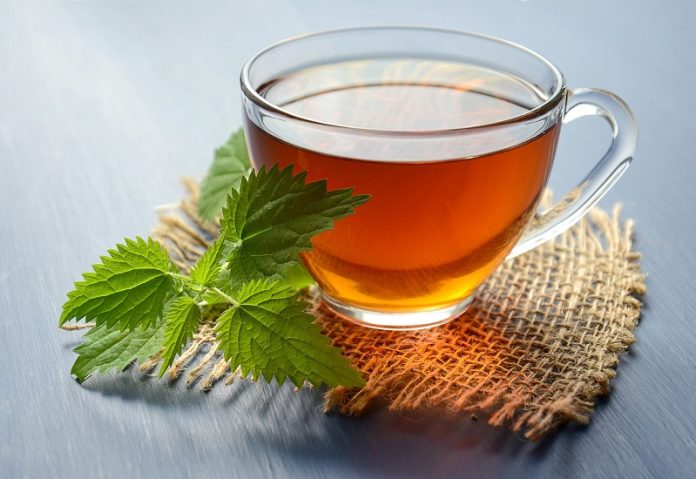
Scientists from the Guilan University of Medical Sciences found that drinking green tea or black tea regularly could help lower blood pressure.
A blood pressure reading is made up of two numbers expressed as a fraction. The top number, or systolic pressure, measures how much pressure is in the arteries when the heart contracts.
The bottom number, or diastolic pressure, measures the blood pressure between beats.
High blood pressure (hypertension) is a common condition in which the long-term force of the blood against your artery walls is high enough that it may eventually cause health problems, such as heart disease.
High blood pressure is defined as systolic blood pressure 130 mm Hg or higher and diastolic blood pressure 80 mm Hg or higher.
Elevated blood pressure is defined as systolic blood pressure 120–129 mm Hg and diastolic blood pressure less than 80 mm Hg.
Elevated blood pressure can worsen and develop into long-term high blood pressure as a health condition.
As a popular beverage, there has been much interest in studying the effects of tea intake on high blood pressure, a major risk factor for heart disease.
Green tea and black tea are rich in health-promoting compounds. Previous research found that regularly drinking tea can help people lose weight and reduce the risk of several diseases, including diabetes, heart disease and cancer.
In the current study, researcher aimed to review previous studies about the benefits of black or green tea as a beverage in people with elevated blood pressure or high blood pressure.
They examined results from five published studies, which tested 408 people.
The researchers found that regular tea drinking led to the reduction in systolic blood pressure (-3.53 mmHg) and diastolic blood pressure (-0.99 mmHg).
They also found the longer the duration of tea intake, e.g., longer than three months, the higher the decrease in both systolic blood pressure and diastolic blood pressure.
Analysis of tea type showed that the blood-pressure-lowering effects of green tea were stronger compared to black tea. None of the studies reported any side effects.
These findings suggest the benefits of regular tea intake on blood pressure in people with elevated blood pressure or high blood pressure.
The team says it may be applicable to doctors, health care providers, and particularly people with high blood pressure.
The research is published in Complementary Therapies in Medicine and was conducted by Marjan Mahdavi-Roshan et al.
Copyright © 2022 Scientific Diet. All rights reserved.





